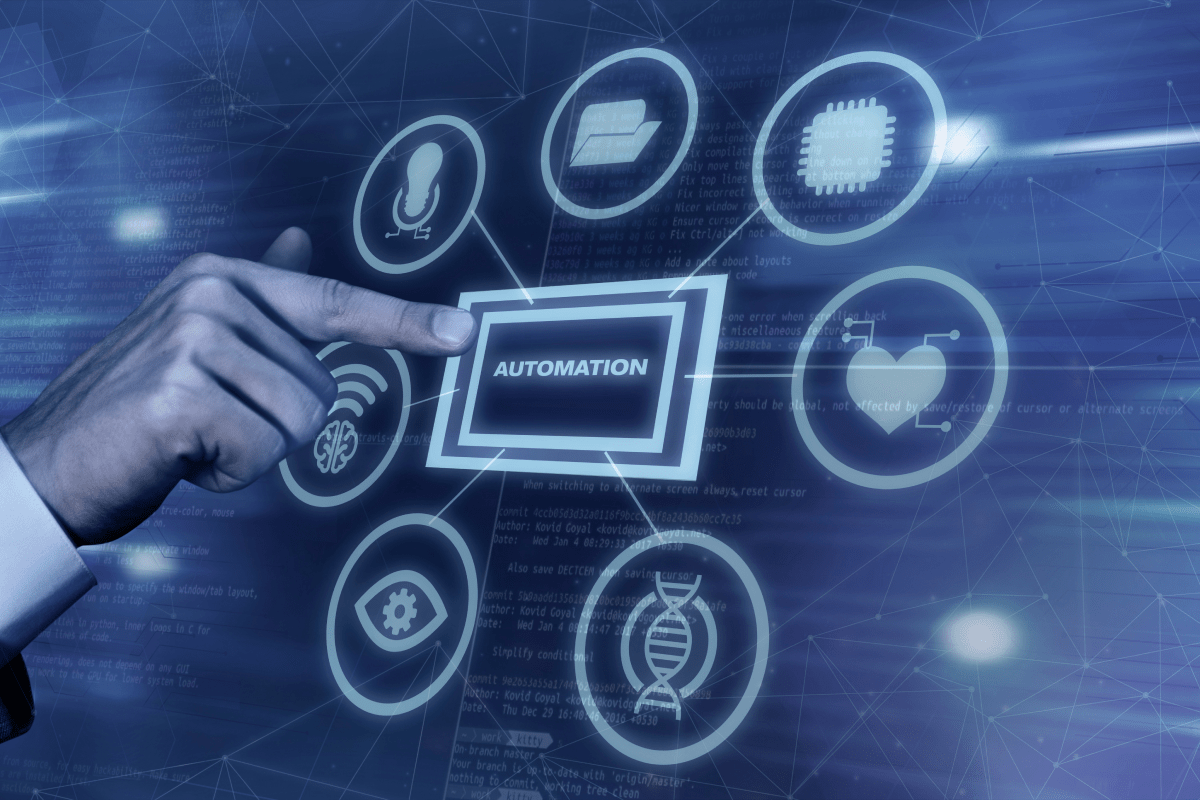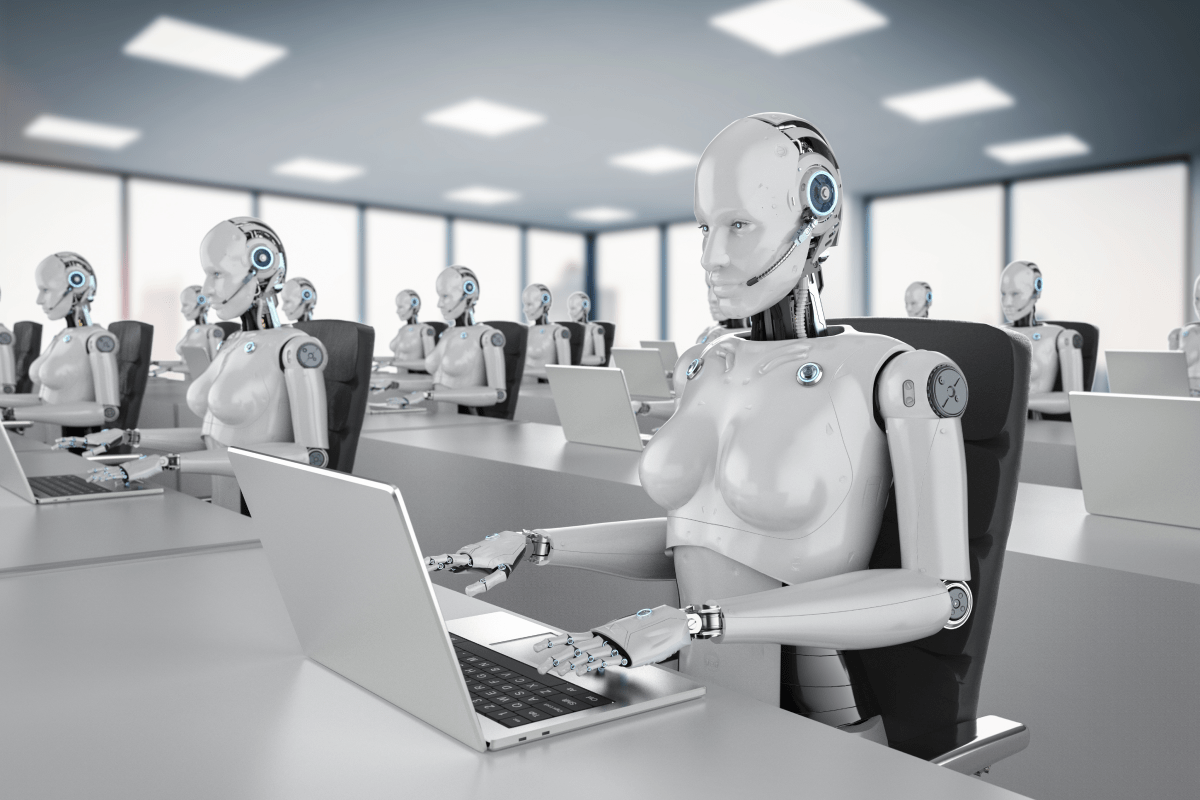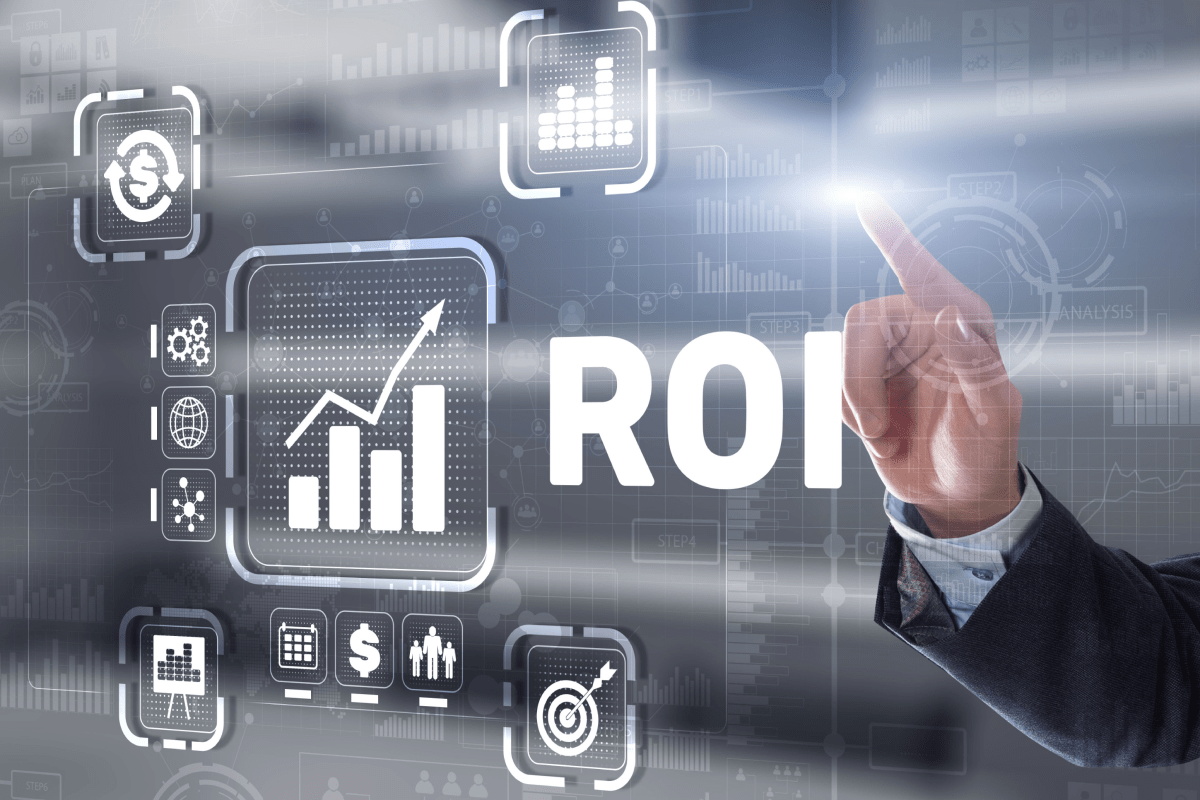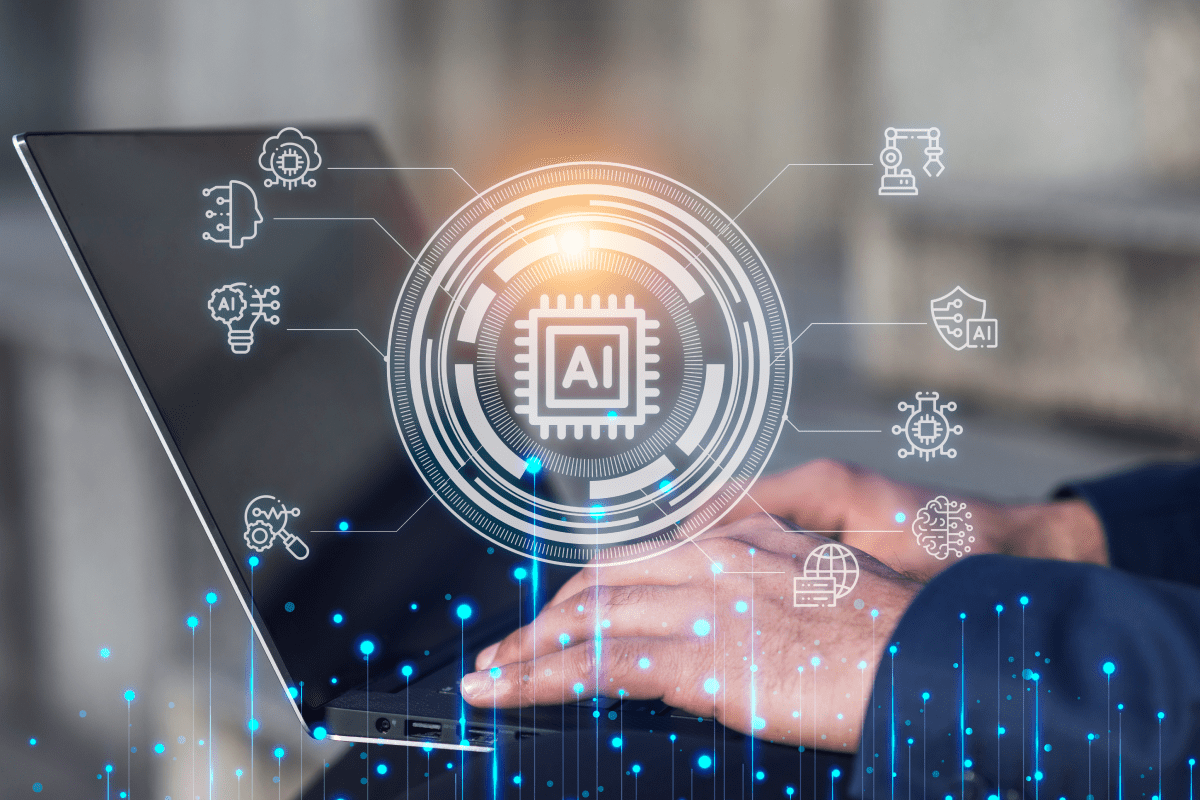Introduction
Automation in business, the use of technology to execute repetitive tasks without human intervention, has transformed the way businesses operate. As industries evolve, there is a growing reliance on machines, algorithms, and sophisticated software to carry out an array of functions that were once done manually. From manufacturing to healthcare, the impact of automation on business is leaving an indelible mark. In this article, we’ll delve into how automation impacts specific industries.
Automation in Business: Manufacturing as the Birthplace
Manufacturing is arguably the poster child for automation in business. The introduction of the assembly line by Henry Ford in the early 20th century marked the beginning of industrial automation. Today’s factories, however, have gone beyond conveyor belts and simple machinery.
Robots: Modern plants boast robotic arms that can assemble, paint, and inspect products with high precision.
AI & Predictive Maintenance: AI algorithms predict when machines are likely to break down, ensuring timely maintenance and reducing unplanned downtimes.
3D Printing: This technology has shifted from prototyping to production, allowing for more customization and faster production times.
High-Tech Farming: Automation in Agriculture
While agriculture may seem like the last place for high-tech automation, it’s undergoing a quiet revolution in business automation.
Autonomous Tractors: Self-driving tractors can till, plant, and harvest crops using GPS and onboard sensors.
Drones: Used for surveying crops, drones can detect diseases, monitor hydration levels, and even assist in planting.
Smart Irrigation: Automated systems can adjust watering based on real-time weather data and soil moisture levels, optimizing water usage.
Precision and Efficiency: Automation in Healthcare
Healthcare is a critical sector where accuracy and timeliness can be a matter of life and death, making automation in business vital.
Robotic Surgery: Robots like the Da Vinci system allow surgeons to perform procedures with unparalleled precision, leading to faster recovery times.
AI Diagnostics: AI algorithms can analyze X-rays, MRI images, and other diagnostic tests, sometimes with greater accuracy than human doctors.
Automated Lab Tests: Machines can now process hundreds of samples simultaneously, delivering faster results.
Personalized Shopping Experiences: Automation in Retail
The retail industry is leveraging automation in business to improve both backend operations and customer experiences.
Chatbots: These AI-powered entities handle customer inquiries, process returns, and even assist in online purchasing.
Automated Warehouses: Robots are used to pick, pack, and sort items. Amazon’s Kiva robots are prime examples of this evolution.
Predictive Analytics: Retailers use AI to predict purchasing trends, helping them manage inventory better and tailor marketing campaigns.
Smarter, Faster Decisions: Automation in Finance
The finance sector relies on quick and accurate data processing, making it ripe for automation in business.
Algorithmic Trading: Complex algorithms can analyze market conditions and execute trades in milliseconds.
Robo-Advisors: These platforms provide automated investment advice based on algorithms, often with minimal human intervention.
Fraud Detection: AI systems can analyze millions of transactions in real-time to detect and prevent fraudulent activities.
Automation in Entertainment: From Creation to Distribution
The entertainment industry isn’t just about human creativity; automation in business plays a crucial role too.
VFX & Animation: Automation tools assist in creating realistic visual effects and animations, saving time and labor.
Content Recommendation: Streaming platforms like Netflix use AI to analyze user preferences and suggest shows or movies.
Virtual Reality: Automation in VR production ensures that virtual environments respond realistically to user inputs.
A Future on Autopilot: Automation in Transportation and Logistics
As goods and people move around, automation in business ensures they do so efficiently.
Self-Driving Vehicles: From Tesla’s cars to Waymo’s taxis, autonomous vehicles are set to redefine transport.
Automated Ports: Ports worldwide are automating their operations, using robotic cranes and AI for cargo handling and sorting.
Delivery Drones: Companies like UPS and Amazon are experimenting with drones to make short-distance deliveries.
Conclusion
The impact of automation on business, driven by advances in AI, robotics, and computing, is transforming industries at an unprecedented pace. While this brings productivity and efficiency gains, it also raises concerns about job displacements and the need for workforce retraining. Balancing the benefits of automation with its societal implications will be one of the defining challenges of the coming decades.
As industries continue to adopt and adapt to automation in business, one thing remains clear: the world as we know it is changing. And with these changes, industries are poised to deliver better, faster, and more personalized services and products than ever before.










